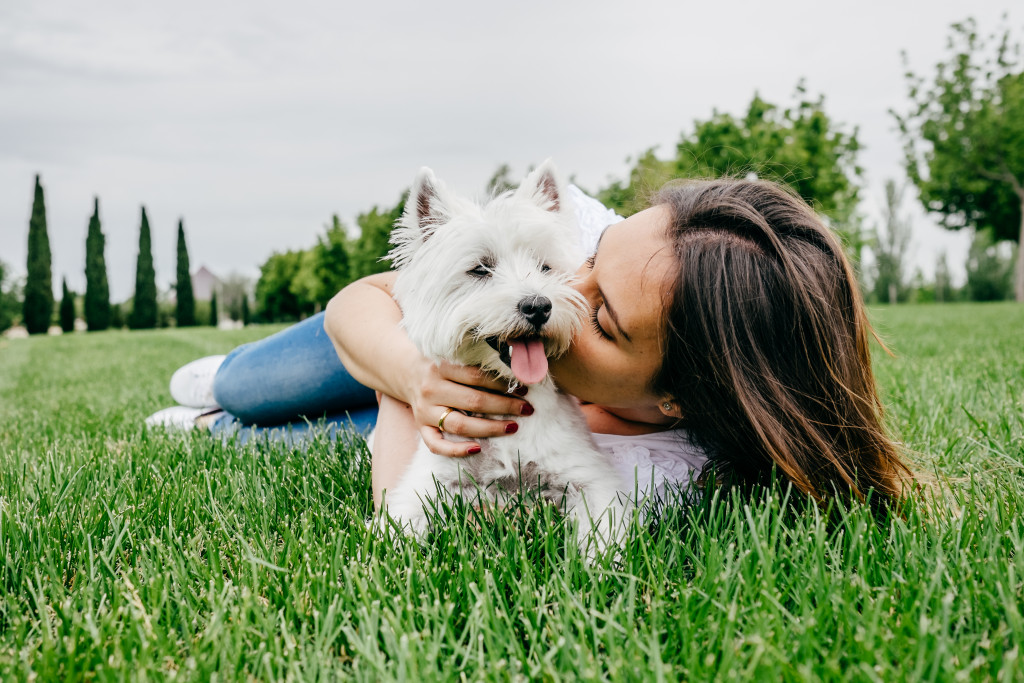Disclaimer: Mladysrecords. This site provides fashion and lifestyle content for informational purposes only.
So you’re finally ready to take the plunge and add a furry friend to your family. Congrats! Dogs make wonderful companions and are sure to bring joy to your household. According to the American Kennel Club, nearly half of all US households have at least one dog, and they all had to start somewhere.
But before you go out and adopt, it’s essential to do some prep work around your home to ensure it’s ready for a new pup. Not sure where to start? Don’t worry; we’ve got you covered. Here are some tips on preparing your home for a new dog.
1. Give them a space of their own
One of the first things you’ll want to do when preparing your home for a new dog is to create a space that will be just theirs. This could be a corner in the kitchen, a spot in the mudroom, or even just a bed in your bedroom—wherever you decide, make sure it’s comfortable and inviting. Their space should have all their essentials, like food and water bowls, bedding, toys, and anything else they might need. Creating a designated area for your dog will help them feel comfortable and settled in their new home from day one.
You also want to make sure their space is nice and quiet. Because dogs have enhanced hearing, they can be easily startled by loud noises. If their space is in a high-traffic area of your home, consider setting up a baby gate to give them some peace. This will also help prevent them from getting underfoot when you’re busy cooking or cleaning.
2. Puppy-proof your home
Dogs are naturally curious creatures, so it’s important to puppy-proof your entire home before they arrive. This means putting away any cleaning supplies or toxic chemicals within reach and removing any small objects or trash they could swallow. You also want to block off any stairs or balconies they could fall off of and make sure any doors or gates are secure, so they can’t escape. Taking the time to properly puppy-proof will help ensure that your new pup stays safe as they explore their surroundings.
You want to do this for the area you set up for your dog. For example, if you’ve chosen your garage as their space, ensure all the chemicals are out of reach and that there’s nothing they can chew on or swallow. You can also install a new garage door specifically designed to be pet-friendly. If you want them to be able to go outside, look into getting a dog door installed.

3. Do a deep clean
Dogs are notoriously messy creatures. They track in dirt, mud, and who knows what else from outside, and they tend to shed—a lot. So, it’s essential to do a deep clean of your home before they arrive. This means vacuuming, mopping, dusting every room, and shampooing all the carpets and upholstered furniture. You may even consider hiring a professional cleaning service to do a thorough job.
Make sure to use pet-safe cleaning products so you don’t have to worry about your pup coming into contact with any harmful chemicals. You also want to be sure to clean their space before they move in. This way, you can start with a clean slate and have an easier time keeping it that way.
4. Start training early
Training is essential to pet ownership but also takes time and patience. To set your dog (and yourself) up for success, start training as soon as possible after bringing them home. Begin with basic commands like sit, stay, come, and down, and then move on to more advanced tricks once they have mastered the basics. The earlier you start training, the easier it will be for both of you—trust us!
Use positive reinforcement methods like treats, praise, and petting when training your dog. This will help them associate good behavior with something they enjoy, making it more likely that they’ll repeat the behavior. Never use punishment when training your dog, as this will only make them feel scared or resentful.
Adding a new dog to your family is a big but exciting decision! To make sure both you and your new furry friend are happy and comfortable from day one, follow our tips on preparing your home for their arrival. From creating a designated space just for them to puppy-proofing every nook and cranny of your house, a little preparation goes a long way. And don’t forget about training! Starting early will make the process much easier (and more fun) for everyone involved.

